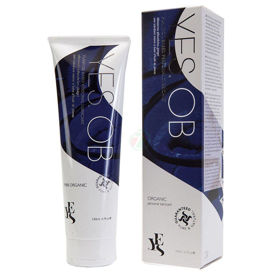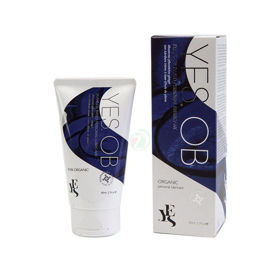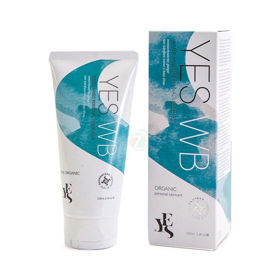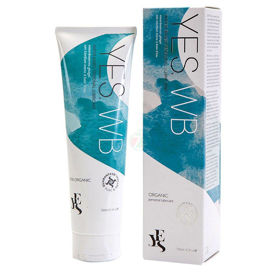Customer question:
Can lubricant only be bought in an erotic shop? Anonymous customer
Pharmacist's answer:
No, lubricants are not sold exclusively in erotic or adult stores. Lubricants can be purchased in various places and have various uses beyond intimate activities. When choosing a lubricant, it is essential to consider the purpose of use and check the ingredients, especially if you are allergic or sensitive. If the lube is for intimate use, make sure it is compatible with other products you may be using, such as condoms.
Many pharmacies and drugstores have lubricants in the same section where they sell condoms and other sexual health products. Larger grocery stores and supermarkets often have health or personal care sections where lubricants are available. Drugstore websites and other online health and wellness retailers also offer a variety of lubricants.
Are there natural-based lubricants?
Yes, some natural-based lubricants use ingredients derived from natural sources. Individuals sensitive to certain chemicals often favor these lubricants or prefer more natural products.
Some common natural lubricants include:
- Aloe vera: some commercial lubricants use aloe vera as a primary ingredient and take advantage of its gentle and moisturizing properties.
- Coconut Oil: Some people prefer virgin coconut oil for its smooth texture and moisturizing properties. However, it is essential to note that oil-based lubricants such as coconut oil can break down latex condoms. Making them ineffective.
- Olive Oil: Like coconut oil, olive oil is another natural oil that some people use as a lubricant. Again, it's crucial to keep in mind the fact that oil can break down latex.
- Avocado Oil: This is another natural oil with a smooth texture that can be used as a lubricant but has the same concerns as other oils regarding breaking down latex.
- Natural commercial lubricants: many brands on the market produce lubricants from natural or organic ingredients. These may combine several of the above ingredients or include other natural humectants or thickeners.
Which ingredients do lubricants most often contain?
Lubricants vary significantly in formulations, but many common ingredients are often found in commercial personal lubricants. When choosing a lubricant, it is essential to consider possible personal sensitivities or allergies. It's also good to check compatibility with condoms (especially latex) and sex toys, as some ingredients can break down certain materials.
Here is a list of some commonly used ingredients:
- Water: many personal lubricants are water-based, meaning water is the primary ingredient.
- Glycerin: This is a humectant that attracts moisture. It is used in many water-based lubricants to retain moisture and improve lubricant sliding. However, some people find that glycerin can cause irritation or yeast infections, so some prefer glycerin-free options.
- Propylene Glycol is another humectant commonly found in lubricants, water-based lubricants.
- Dimethicone: Silicone lubricants are usually longer lasting than water-based lubricants and are water resistant.
- Carrageenan: This seaweed-derived ingredient is sometimes used in natural lubricant formulations to thicken and add a smooth texture.
- Hyaluronic Acid: This ingredient can help lock in moisture and is sometimes added to premium lubricants.
- Aloe vera: this provides a soothing and moisturizing quality.
- Tocopheryl Acetate (Vitamin E): Often added for its moisturizing properties.
- Flavored or warming agents: some lubricants are flavored or give a warming sensation. Ingredients such as menthol, capsaicin, or various aromas can be added for these effects.
- Preservatives: Preservatives such as parabens (e.g., methylparaben, propylparaben) can be added to extend the shelf life of the lubricant. However, some people prefer paraben-free products due to concerns about possible toxins.












 Facebook
Facebook
 Instagram
Instagram
 info@moja-lekarna.com
info@moja-lekarna.com

